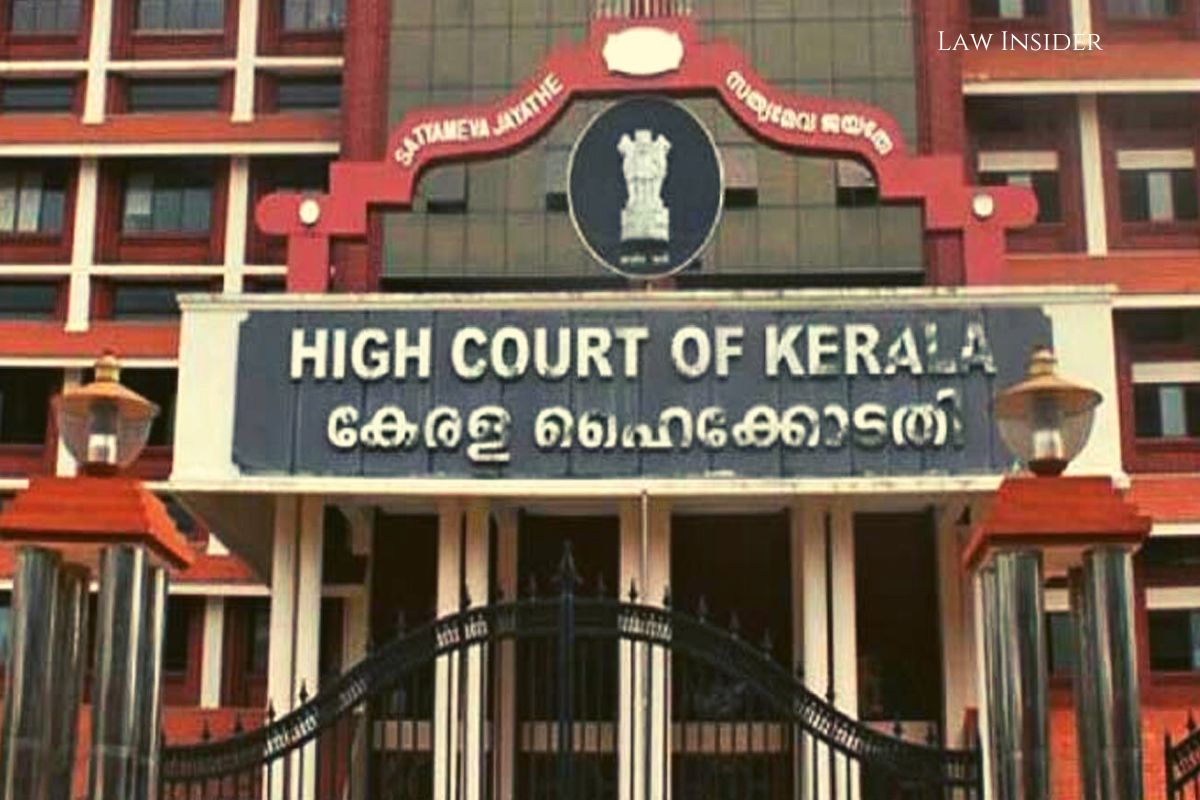LI Network
Published on: October 27, 2023 at 11:20 IST
The Kerala High Court addressed the limited scope of the inquiry conducted by the Chief Judicial Magistrate (CJM) under Section 14 of the Securitization and Reconstruction of Financial Assets and Enforcement of Security Interest Act (SARFAESI Act).
The court found that this inquiry does not result in an adjudication of the parties’ inter se rights concerning the subject matter.
This ruling came in response to a case involving proceedings initiated by a secured creditor (bank) under the SARFAESI Act to take possession of secured assets designated as Non-Performing Assets (NPAs).
The court, led by a Single Judge Bench of Justice K. Babu, emphasized that the CJM’s inquiry primarily serves as an administrative or executive function to verify the affidavits and documents presented by the involved parties.
While considering this case, the High Court held that the Debt Recovery Tribunal (DRT) had appropriately evaluated the CJM’s actions in verifying the affidavit and documents. Therefore, the DRT’s order did not warrant interference by the High Court, which exercises jurisdiction under Article 227 of the Constitution of India.
The High Court, however, granted the petitioners the liberty to explore their statutory remedies should they choose to approach the relevant statutory forum. The case revolved around proceedings initiated by a bank under the SARFAESI Act after classifying a loan account as an NPA. The bank issued notices and took possession of movable and immovable properties involved, leading to a challenge by the petitioners. The petitioners contested the bank’s actions under Section 13(4) of the SARFAESI Act by filing an application before the Debts Recovery Tribunal-II.
The Tribunal initially granted an interim stay but later, after a full adjudication, dismissed the Securitization Application. Subsequently, the bank filed an Original Application before the Debts Recovery Tribunal, and notice was issued under Section 13(8) of the SARFAESI Act, proposing to sell the mortgaged property upon the petitioners’ failure to settle the liability. In the meantime, the bank approached the Chief Judicial Magistrate Court to appoint an Advocate Commissioner under Section 14 of the SARFAESI Act, who was tasked with taking possession of the properties.
The CJM’s Advocate Commissioner issued notices indicating an intention to take possession of the properties. The second petitioner filed a Writ Petition requesting the respondent to consider a One Time Settlement proposal, which was subsequently rejected by the bank. The second petitioner withdrew the Writ Petition with the liberty to challenge the proceedings under Section 14 of the SARFAESI Act before the Debts Recovery Tribunal.
In its analysis, the High Court noted that all orders of the Tribunal, including the interim order challenged in the present proceedings, are subject to appeal under Section 18 of the SARFAESI Act. Section 17 of the SARFAESI Act allows any person aggrieved by the measures taken by the secured creditor or their authorized officer to challenge those measures before the Tribunal.
Furthermore, Section 18 of the SARFAESI Act provides for the appeal of any order made by the Tribunal in proceedings under Section 17 before the Appellate Tribunal.
The High Court referred to the case of Raveendran Pilla P. & Ors. v. State of Kerala & Ors. (2020), emphasizing that Article 227 of the Constitution can be exercised in cases of grave injustice, failure of justice, or when a court or tribunal exceeds its jurisdiction or fails to exercise its rightful jurisdiction, thereby leading to a miscarriage of justice. However, this discretionary relief is to be used sparingly to ensure justice.
In this context, the High Court concluded that the Tribunal had adequately considered the matter, and the impugned order demonstrated the Tribunal’s application of mind. Therefore, the High Court declined to entertain a petition under Article 227, as another viewpoint could have been adopted.
Case Title: M/s. Sama Rubbers and Ors. Vs. South Indian Bank Ltd. and Anr

